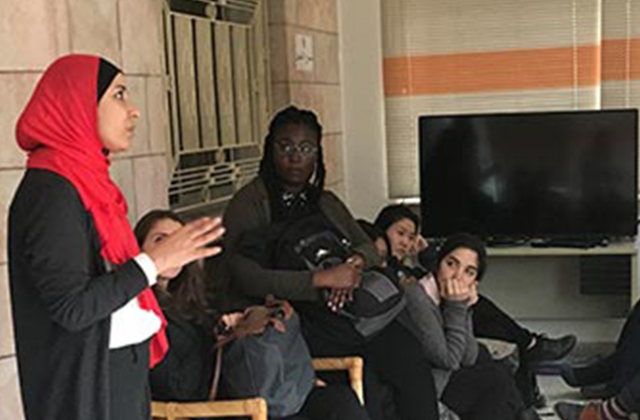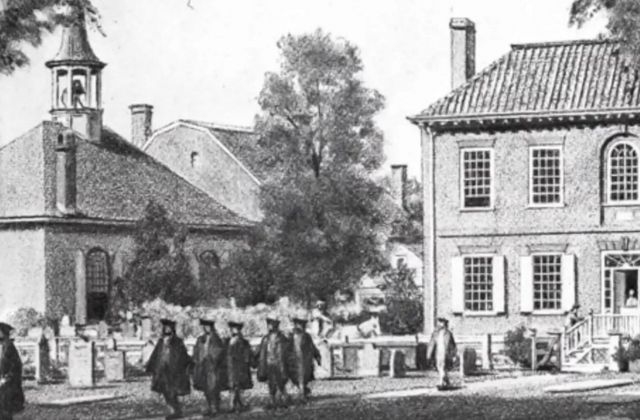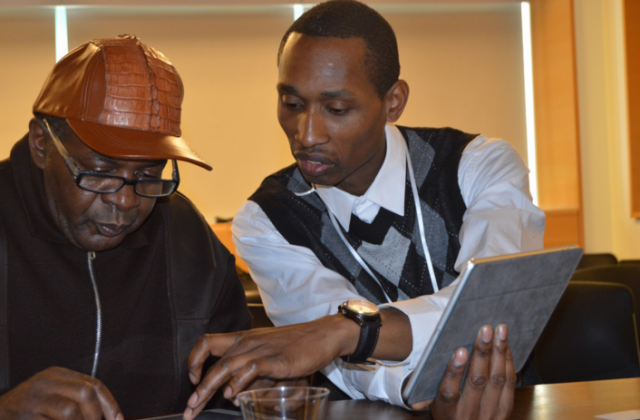Will studying lead poisoning in Flint further environmental justice?

Columbia’s David Rosner helped bring the water crisis in Flint, Michigan to national attention and regularly serves as an expert witness in lawsuits against the lead industry. Professor of sociomedical sciences and co-director of the Mailman School of Public Health’s Center for the History and Ethics of Public Health, Rosner studies occupational disease and industrial pollution, and the failure of Flint baffles him still.
“This disaster was entirely preventable. Why hadn’t this city’s leaders carefully checked the water for heavy metal and bacterial contamination? Why would anyone allow children to drink from that river?” said Rosner.
Yet there is one positive point in the wake of Flint: lead poisoning is back in public debates. According to Rosner, the crisis has motivated many leaders “in at-risk communities to investigate the environmental hazards around them.” And he holds out hope that after focusing on Flint in his graduate and undergraduate courses, future decision-makers will prevent these crises from happening again.
“There’s an old saying that journalism is the first draft of history. I’ve been engaging my students in that first draft,” said Rosner. Learn more.
Make Your Commitment Today





